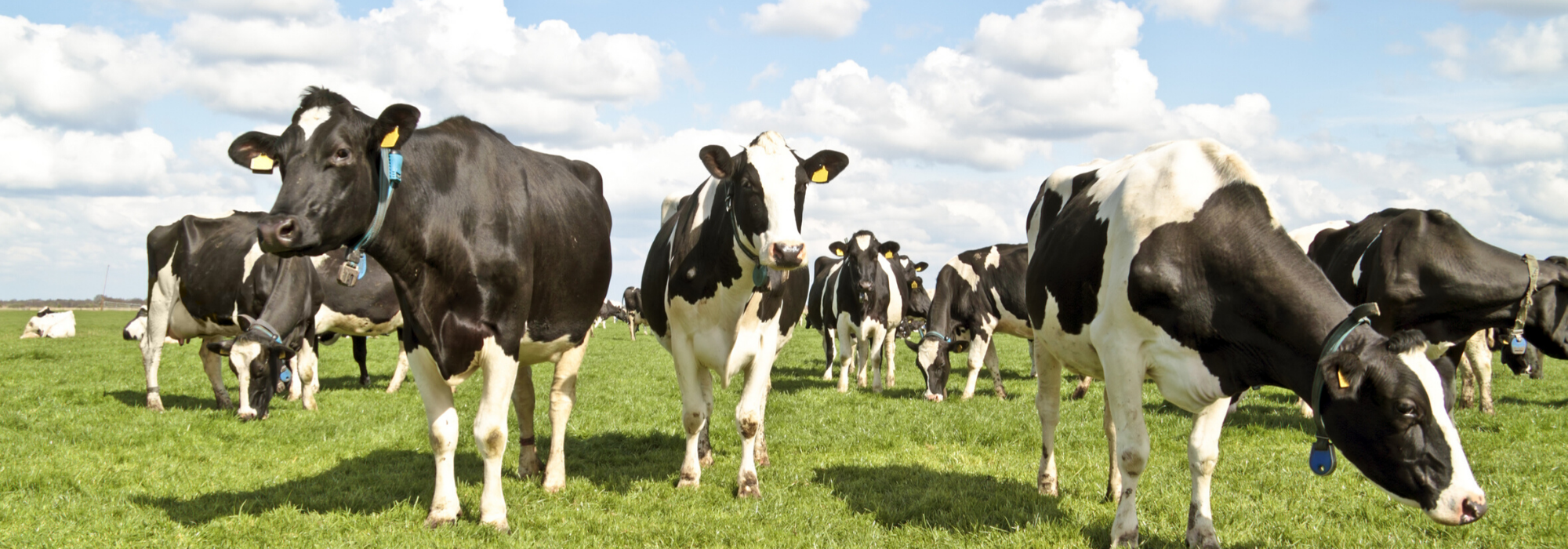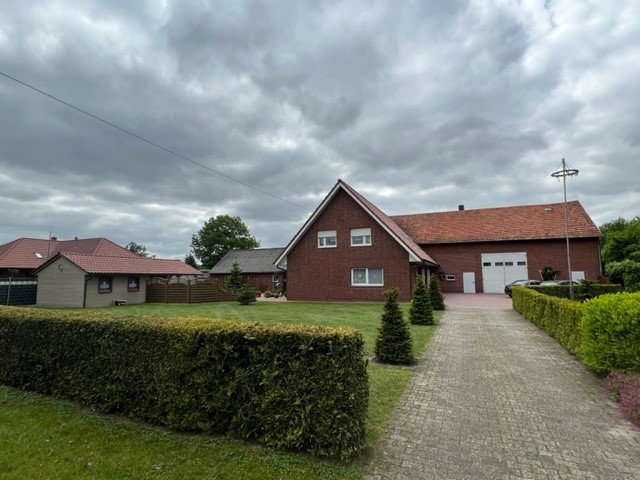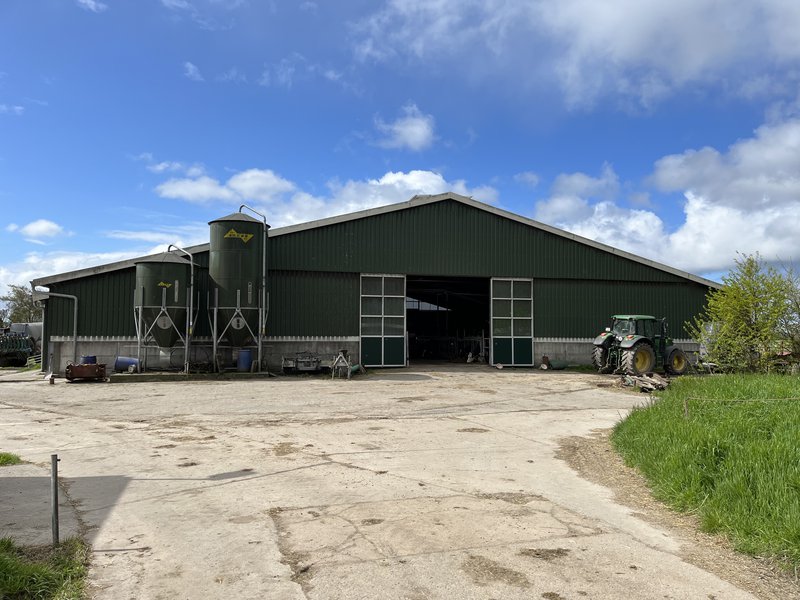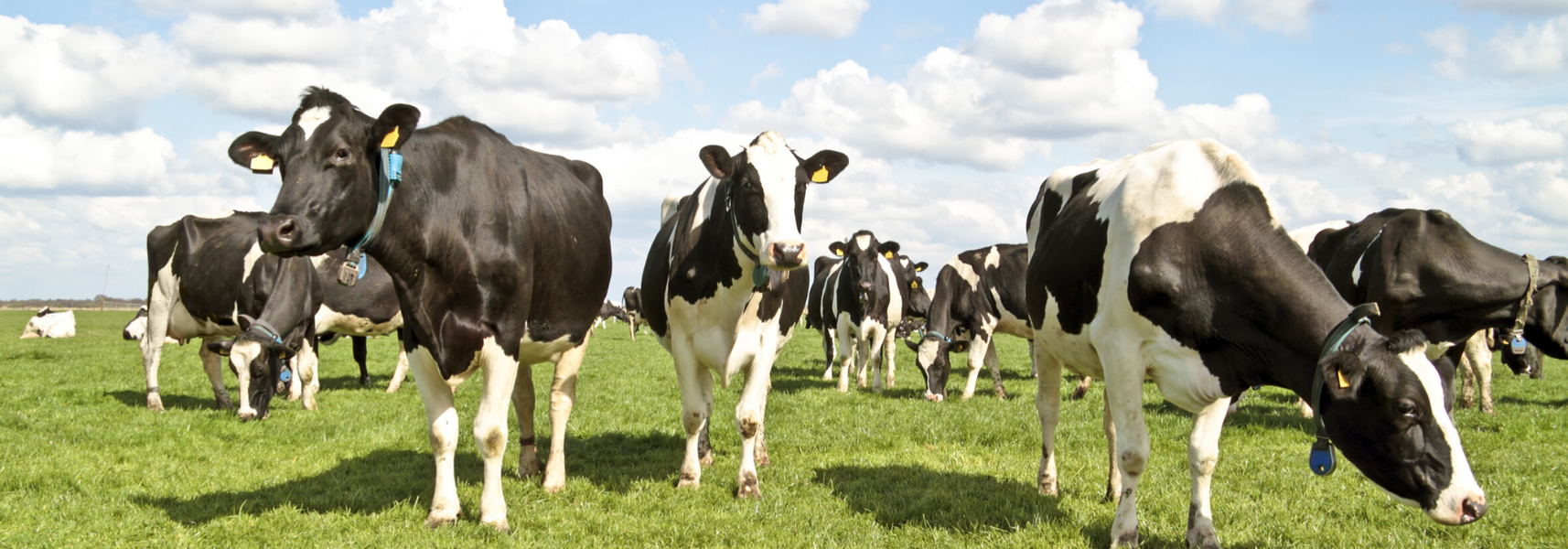Detached farmhouse on a hill with stunning views.
Rheinland-Pfalz, Germany
Characteristics
Characteristics
Description
Currently, the company is run as a dairy farm
- Approx. 29.5 ha owned
- Approx. 49 ha leased
- Approx. 80 ha total farm area, divided into approx. 8 ha arable land, approx. 70 ha grassland, 1.1 ha yard
- The plots are located within a radius of approx. 1.5 km around the farm
- Approx. 15 ha contiguous to the farm
- Freestall barn with 59 cubicles
- Detached (two-family) house
We strive to contact you within 48 hours.

Germany
Germany, located in the heart of Europe, is a country with a rich history and diverse culture. It has a population of more than 83 million people, making it the most populous country in the European Union. The population is generally well-educated, and the standard of living is high. Agriculture still plays an important role in the rural economy, combining modern technologies with traditional practices.
Germany consists of sixteen federal states, each with its own unique characteristics and culture. These are some of the most important states.
Bavaria (Bayern)
Located in the southeast of Germany, Bavaria is known for its beautiful landscapes, traditional villages, and rich history. It is also an important agricultural region with vast fields and farms. Bavaria generally hosts the largest number of arable farms in Germany. The state is known for its extensive farmland and favorable climatic conditions for the cultivation of various crops. Bavarian farms grow a wide range of crops, including grains, potatoes, sugar beets, and corn.
North Rhine-Westphalia (Nordrhein-Westfalen)
As the most densely populated state in Germany, North Rhine-Westphalia is home to major cities such as Cologne, Düsseldorf, and Dortmund. It is an important industrial center, but rural areas also play a significant role, with many farms.
Lower Saxony (Niedersachsen)
With its vast plains and fertile lands, Lower Saxony is a key agricultural region. In addition to agriculture, this state boasts beautiful nature, including the Wadden Sea area, which is a UNESCO World Heritage site. Furthermore, Lower Saxony hosts the most dairy farms in Germany.
Baden-Württemberg
This state in southwest Germany is known for its innovation and technology, as well as its traditional villages and vineyards. The agricultural sector here is advanced and focused on sustainability.
Germany's population is not only concentrated in large cities but spread across the entire country, from the North Sea coasts to the Bavarian Alps. This diversity is also reflected in the agricultural sector, where traditional practices combine with modern technologies to meet the needs of a growing population and a changing climate.
Sports
Sports play an important role in German society. Soccer is by far the most popular sport. Other sports like hockey, handball, and athletics are also widely popular.
Economy
Germany remains one of the world's largest and most advanced producers of various goods, including iron, steel, coal, cement, chemicals, machinery, vehicles, tools, electronics, food and beverages, shipbuilding, and textiles. Despite its strong industrial production, Germany is relatively poor in natural resources. Although it has significant reserves of hard coal and lignite, Germany largely imports oil and natural gas. Other mineral resources are extracted in limited quantities.
Politics
Germany is a federal republic with a democratic system. The country is governed by a chancellor and a parliament, the Bundestag. At the regional level, there are state governments with various powers.
Education
As in the Netherlands, school attendance is compulsory in Germany, starting at the age of six. Children are required to attend school for at least nine years, followed by three years of vocational training. The responsibility for education largely lies with the state governments, meaning that education systems can vary from region to region. Overall, most of the education in Germany is free of charge.



